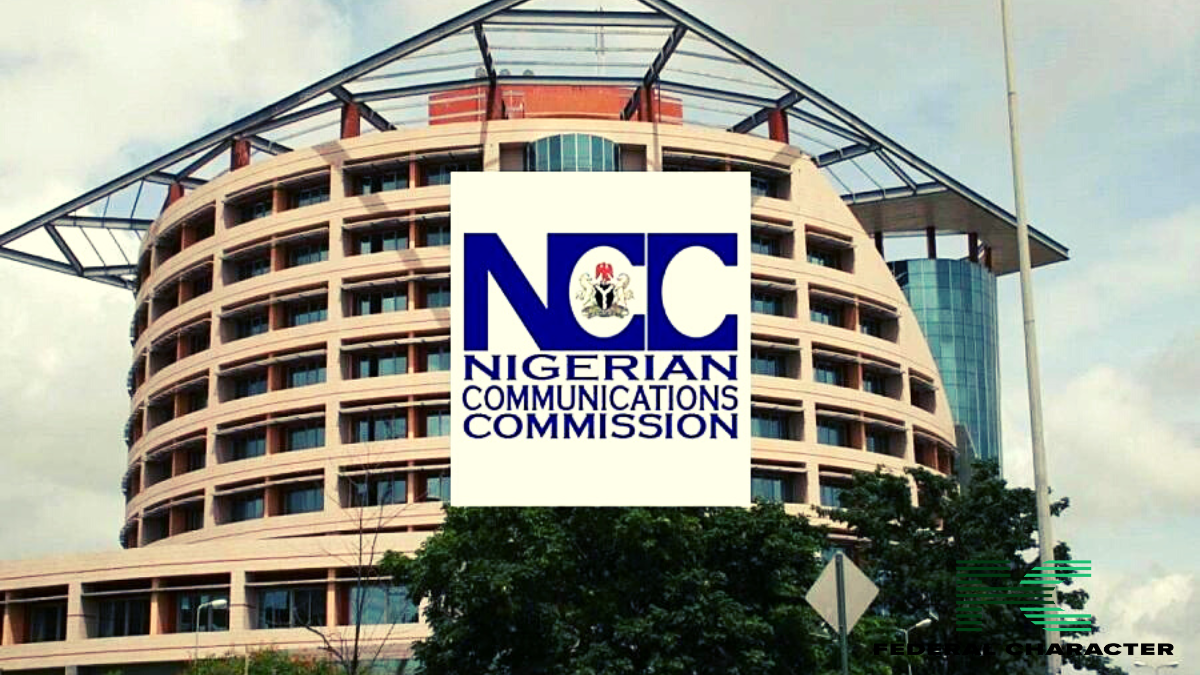On Saturday, the Georgian Dream party, the ruling political party in Georgia, secured a majority in the recent parliamentary election. The country’s electoral commission announced the results on Sunday after counting approximately 99% of the votes.
According to the commission, the Georgian Dream party received 54% of the votes. However, the opposition parties have challenged these results, alleging electoral fraud.
Election Results and Opposition Response
The Georgian Dream party’s victory is seen as a setback for pro-Western factions in Georgia who are advocating for closer ties with the European Union (EU). Opposition parties argue that the election was marred by irregularities and claim that the results were manipulated.

The opposition emphasizes that the election is not just about political leadership but about Georgia’s future direction—whether it will maintain ties with Russia or pursue EU integration. Notably, two exit polls showed the opposition winning a majority, adding fuel to their claims of a rigged election.
One prominent opposition leader, Tina Bokuchava of the United National Movement, referred to the election as “a constitutional coup” and accused the ruling party of “stealing” the election. Opposition leaders have expressed plans to contest the results, with Bokuchava calling for protests.
International Election Monitoring and Allegations of Violations
Saturday’s election was monitored by several international and local organizations, including the Organization for Security and Cooperation in Europe (OSCE), the National Democratic Institute (NDI), the International Republican Institute (IRI), and ISFED, a Georgian election monitoring group. These groups reported incidents of ballot-stuffing, bribery, voter intimidation, and physical violence near polling stations, which they believe could have influenced the election outcome. However, they also stated that no irregularities were observed in the vote-counting process, which was mostly conducted electronically.
Antonio López-Istúriz White, head of the European Parliament’s delegation to the OSCE mission, expressed concerns over Georgia’s democratic integrity, calling the election’s conduct a “democratic backsliding” in Georgia. ISFED also reported over 200 complaints submitted to electoral authorities regarding alleged violations.
Georgian Dream Party’s Response
The Georgian Dream party has yet to respond in detail to the allegations of election fraud, though it initially praised the election as free and fair. Bidzina Ivanishvili, the billionaire founder of the Georgian Dream party, celebrated the victory, highlighting the party’s performance in rural areas, where they won by up to 90% in some districts, though they struggled in urban centers. Ivanishvili attributed the party’s success to its strategy of keeping Georgia neutral amid the ongoing conflict in Ukraine, positioning it as a stabilizing force for the nation.
Implications for Georgia’s Foreign Policy
The election results have implications for Georgia’s potential EU membership and foreign policy. Georgia, alongside Ukraine, has been a country of interest for Russia, which opposes their alignment with Western powers. While some in Georgia advocate for EU integration, the Georgian Dream party’s victory indicates a leaning toward maintaining closer ties with Russia, a path seen by some as avoiding potential conflicts, such as the 2008 war with Russia.
The election outcome is anticipated to influence Georgia’s stance on international alliances, as the country contemplates a strategic direction amid tensions between Western integration and regional stability.

















